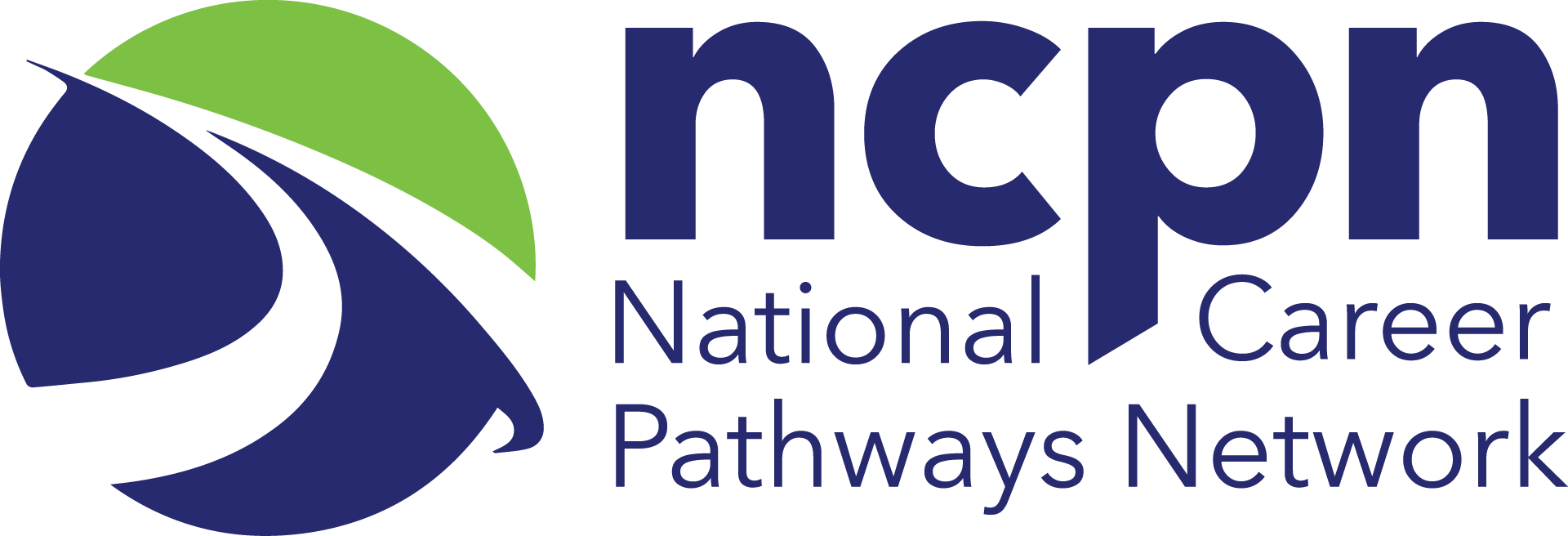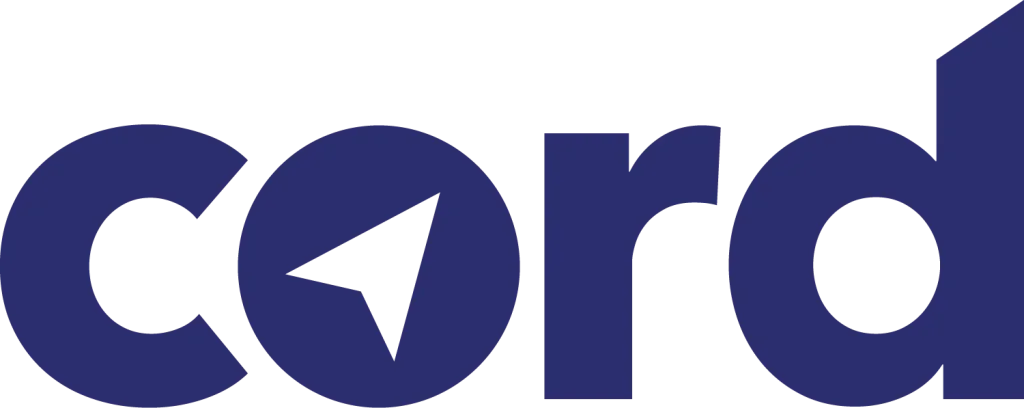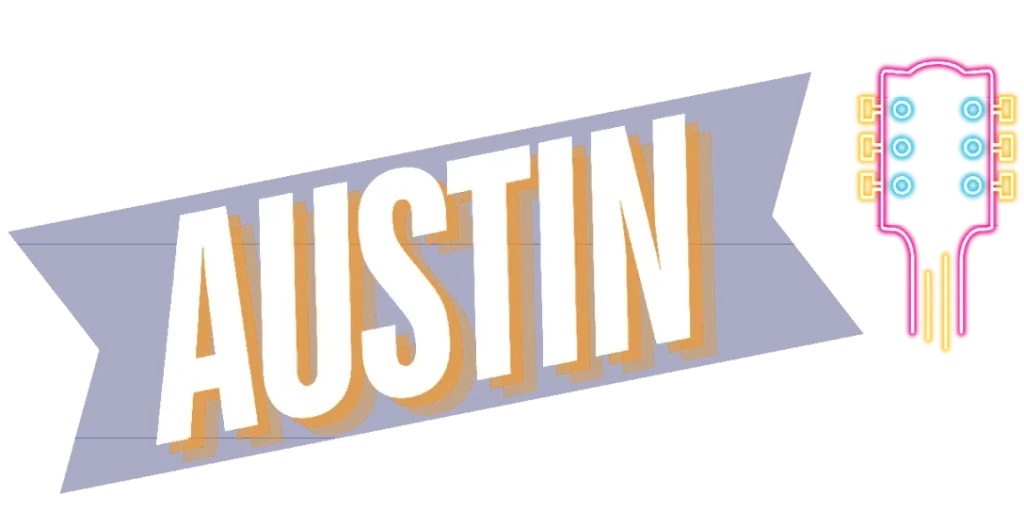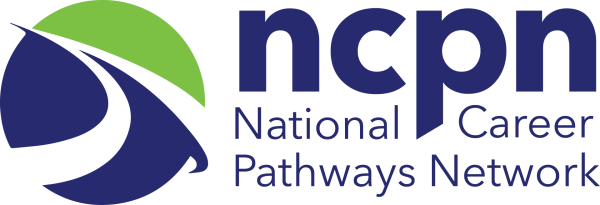Call for Proposals
The National Career Pathways Network invites proposals for breakout sessions to be delivered at NCPN CONNECT 2025, Thursday and Friday, February 27–28, at the Renaissance Austin Hotel in Austin, Texas.
Program Strands
The world of work is changing at a breakneck pace. Skills are evolving so rapidly that students, businesses, and communities are struggling to keep up. CORD’s Framework for Career Pathways Alignment provides an organizing structure for educators, employers, and community partners to design career pathways that support students to completion. The four program strands for NCPN CONNECT 2025 sessions are aligned to the components of CORD’s Framework.Examples:
- Local, regional, or state cross-agency partnerships
- Workforce system/board partnerships
- Enhancing/sustaining partnerships
- Federal and state funding to support pathways (WIOA, Perkins, foundation, etc.)
- Connecting education partners across the community
- Policy and program alignment
Examples:
- Strategic employer relationships
- Work-based Learning (for example: internships, co-ops, experiential learning, externships)
- Apprenticeship/Pre-apprenticeship
- Industry-recognized credentials
- Business and Industry Leadership Team (BILT) Model
- Employability skills/soft skills/power skills
Examples:
- Credit for prior learning
- Curriculum models that support all learners (IET, Corrections, etc.)
- Dual and articulated credit
- Stackable credential/micro-credential models
- Continuous Improvement and sustainability
- Pathways for emerging careers
Examples:
- Support strategies for every learner
- Mental wellness and career development
- Career coaching and advising
- Supporting special populations
- Recruitment and retention strategies
Dates to Remember
| Proposal Deadline | CLOSED |
| Approval Notification | by Oct 31, 2024 |
| Presenter Registration | by Dec 18, 2024 |
Requirements and Recommendations
- Registration Fees: All presenters are required to register and pay the registration fee by December 18. (Discounted presenter registration fee is $550.)
- Presenters must arrange and pay for your own travel and lodging.
- Presenters must agree to present in person on the day assigned.
- Presenters are responsible for providing copies of their handouts and other supporting materials.
Presentation Format
- One hour, or
- Roundtable (15 minute sessions repeated 3 times)
Audiovisual Equipment
- Each breakout session room will be equipped with
- LCD projector
- Sound for laptop
- Internet
- Screen
- Podium
- Microphone (if needed)
- Presenters must bring their own laptop and adaptor for the LCD projector. (NCPN does not provide laptops.)
- Flip charts may be provided upon request.
For-Profit Presenters
Presentations by vendors or for-profit consultants must include at least one practitioner (product user) as co-presenter and are also required to exhibit.
QUESTIONS?




